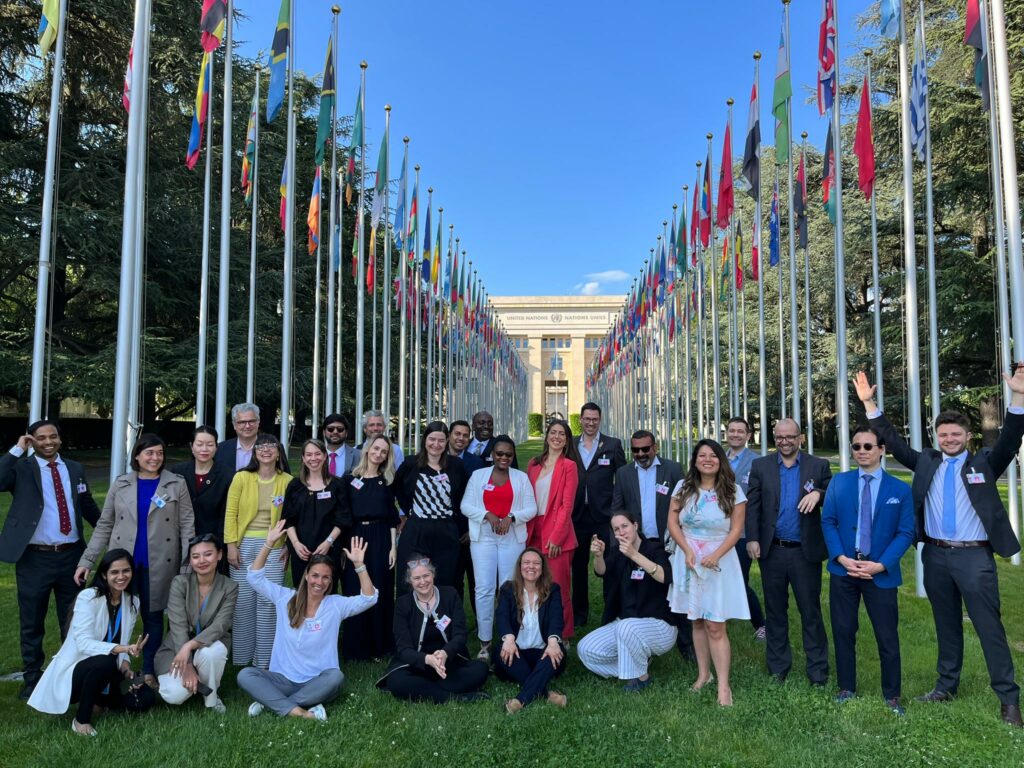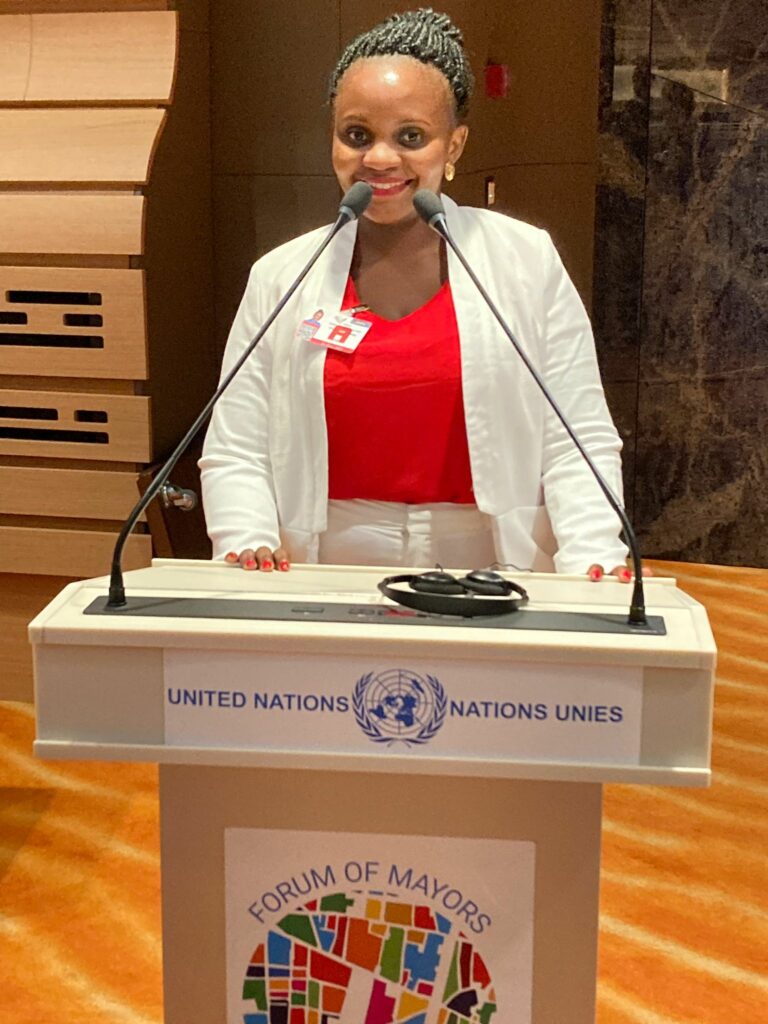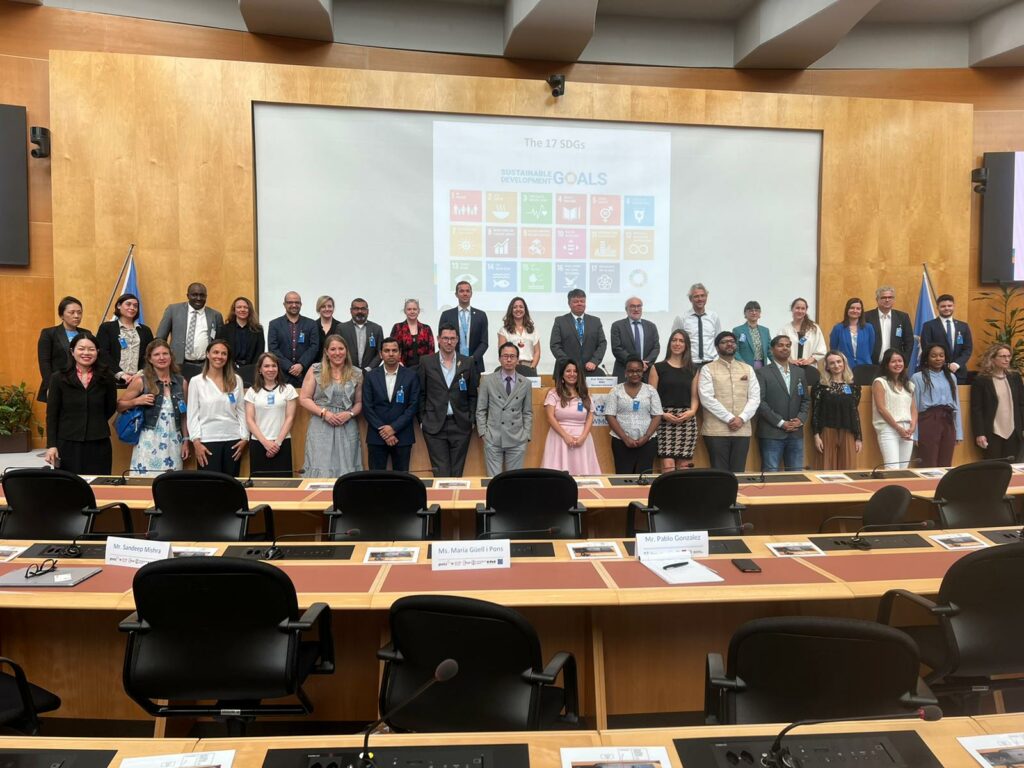Until recently, the clear relevance and role of Science in Diplomatic relations was hardly an idea of focus. However, in a speedy-paced world, where scientific advancement consistently proves as a driving force for development, it is no surprise that Science and Diplomacy have finally found a middle ground.
What is Science Diplomacy? The global system is currently experiencing a breakthrough in science and technological progression, with discoveries reshaping human perceptions and relations, a surge in societal reconstruction, and improvement of environmental insights. To meet the demands of such an evolving international sphere, especially in the fields of Science, Technology, Engineering, and Mathematics (STEM), major actors within the international system, especially Africans, be they Scientists or Diplomats, must be well equipped with knowledge that will ensure effective participation and prepare the continent for this future advancement with Science Diplomacy as an effective tool for better multilateral engagements.
In spearheading such engagements, an alumna of AIMS Ghana, Winnie Nakiyingi, was invited to participate in the inaugural Immersion Program of the Science and Diplomacy Week organized by the Geneva Science and Diplomacy Anticipator (GESDA) and the United Nations Institute of Training and Research (UNITAR), and hosted in the historic Palais des Nations – the United Nations Headquarters in Geneva.
Before joining AIMS, Winnie graduated from Makerere University in Uganda with a degree in Economics and Statistics. She then joined AIMS Ghana as a member of the first cohort when the Centre began in 2012. This provided her with exposure to a polished set of skills based on a unique teaching model in a multicultural environment, setting the pace for her to continue pursuing her interests in Statistics.
As a Statistician, she has worked with Umeme – Uganda’s main electricity distribution company – to forecast electricity demand using univariate time series volatility forecasting models. She recently began working as a consultant for Axiom-DK, a registered Danish consulting firm, where she provides technical expertise in statistical analysis of data collected through different phases of monitoring and evaluation to meet clients’ needs.
Being the only African woman accepted into the program, Winnie used her position both as a current employee and alumni of AIMS to share knowledge about AIMS’ impact on the African continent and its potential in producing impacting research through the various areas of specialization. Her participation emphasized AIMS’ contribution to embracing the scientific revolution and taking a front seat in leading the same for Africa. In her capacity within the Mathematical Sciences at AIMS, she explained her understanding of the growing importance of anticipatory science diplomacy as an emerging discipline that unites the sciences, specifically concerning the role of STEM in world affairs.
“As AIMS, we are on a quest for the next Einstein. We need that person who can think beyond the ordinary and relate that to the world we live in. What better way to align our thoughts than understand the problems we face through a policy maker’s eye, coupled with a scientist’s lens? We are looking for ways of making our [AIMS] research specifically relevant to Africa’s pressing needs”, said Winnie during the immersion week.
The week of 16th-20th of May 2022 provided an unparalleled immersion, learning, and networking experience in International Geneva. The immersion week was initiated by GESDA and organized by the Geneva Coalition on Anticipatory Science and Diplomacy which was established in 2021 by 14 Swiss and global institutions. The aim was to empower the current and next generation of leaders with a multilingual mindset in science and diplomacy to navigate the science-diplomacy interface and foster boundary-spanning professionals and institutions.



